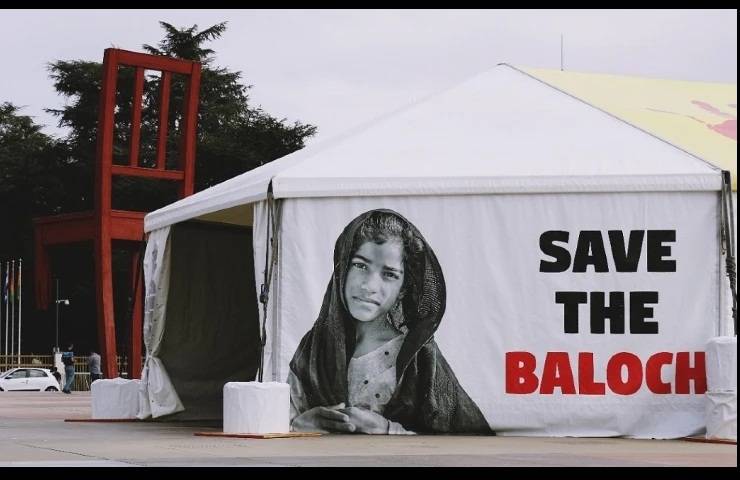From the time Pakistan annexed Balochistan in 1948, it has been subjected to the worst form of human rights violations. Pakistan has on its hands the blood of tens of thousands of Baloch. Those who dare to raise their voice are abducted to remote locations, tortured and killed, and left on the roadsides as meals for animals … writes Dr Sakariya Kareem
Nuclear power Pakistan is surviving on life support. Its streets are a battleground; people fight every day over vegetables, wheat, and other basic necessities of life. In this challenging period, one can only imagine the alienated Balochistan situation. They have to face bias, loot of their natural resources, and the harsh rule of the Pakistan Army which perpetually tries to contain their resistance using extreme measures of force.
From the time Pakistan annexed Balochistan in 1948, it has been subjected to the worst form of human rights violations. Pakistan has on its hands the blood of tens of thousands of Baloch. Those who dare to raise their voice are abducted to remote locations, tortured and killed, and left on the roadsides as meals for animals.
The living condition of the Baloch is worse than the animals in shelters. This winter their stoves lay unlit. Food was prepared by burning paper, garbage, and wooden shavings. Abundant in gas, Balochistan has gas pipelines directly leading to Punjab where the administration and the Army use it to heat their swimming pools for a daily luxurious winter dip. But Balochis are refused the right over their own resource.

